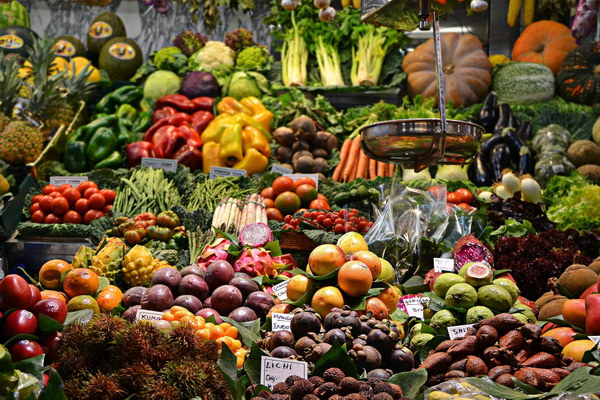Nourishing Your Kidneys A Comprehensive Guide to Renal Health and Nutrition
Introduction:
In the fast-paced world we live in, taking care of our health is crucial. Among the various organs in our body, the kidneys play a vital role in filtering waste, balancing electrolytes, and maintaining blood pressure. However, due to poor lifestyle choices and environmental factors, kidney health can be compromised. In this article, we will explore how to nourish your kidneys through proper diet, exercise, and stress management, ensuring optimal renal function and overall well-being.
1. Understanding the Kidneys:
The kidneys are bean-shaped organs located in the lower back, on either side of the spine. They filter about 200 quarts of blood per day, removing waste products and excess fluid. The kidneys also produce hormones that help regulate blood pressure, produce red blood cells, and maintain calcium balance in the body.
2. Importance of Kidney Health:
Maintaining kidney health is essential for preventing chronic kidney disease (CKD), a condition that can lead to kidney failure, cardiovascular disease, and other health complications. By taking proactive steps to nourish your kidneys, you can reduce the risk of developing CKD and promote overall well-being.
3. Diet for Kidney Health:
A well-balanced diet is crucial for kidney health. Here are some dietary tips to nourish your kidneys:
a. Reduce Sodium Intake:
High sodium intake can lead to high blood pressure, which is a significant risk factor for kidney disease. Limit your salt intake to no more than 2,300 milligrams per day, and aim for even lower levels if you have kidney issues.
b. Increase Potassium Intake:
Potassium helps balance the amount of sodium in the body and can help lower blood pressure. Incorporate potassium-rich foods such as bananas, oranges, leafy greens, and potatoes into your diet.
c. Limit Protein Intake:
High protein intake can put stress on the kidneys. Aim for moderate protein consumption, and choose lean protein sources such as chicken, fish, and tofu.
d. Stay Hydrated:
Drinking plenty of water is essential for kidney function. Aim for at least 8 glasses of water per day, or more if you are physically active or live in a hot climate.
e. Limit Phosphorus Intake:
Phosphorus can build up in the blood when the kidneys are not functioning properly. Avoid high-phosphorus foods such as dairy products, processed meats, and carbonated beverages.
4. Exercise for Kidney Health:
Regular physical activity is beneficial for kidney health, as it helps control weight, blood pressure, and cholesterol levels. Aim for at least 150 minutes of moderate aerobic exercise or 75 minutes of vigorous aerobic exercise per week.
5. Stress Management:
Stress can negatively impact kidney health. Techniques such as meditation, deep breathing exercises, and yoga can help reduce stress levels and promote renal health.

6. Avoiding Harmful Substances:
Limiting the intake of harmful substances such as alcohol, tobacco, and excessive caffeine can help protect your kidneys.
Conclusion:
Nourishing your kidneys is essential for maintaining optimal health and preventing chronic kidney disease. By following a balanced diet, engaging in regular exercise, managing stress, and avoiding harmful substances, you can promote renal health and overall well-being. Remember, taking care of your kidneys is an ongoing process, and it's crucial to make these lifestyle changes a part of your daily routine.









